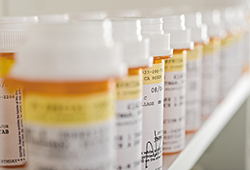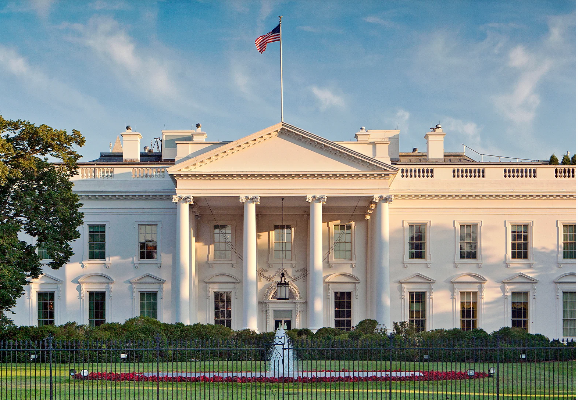On May 12, 2025, President Trump signed the most recent Executive Order on drug pricing, Delivering Most-Favored-Nation Prescription Drug Pricing to American Patients. This latest Executive Order simultaneously pushes key stakeholders (i.e. foreign governments and drug manufacturers) to modify their current practices while threatening potential most-favored nation (MFN)-based price caps and other…










